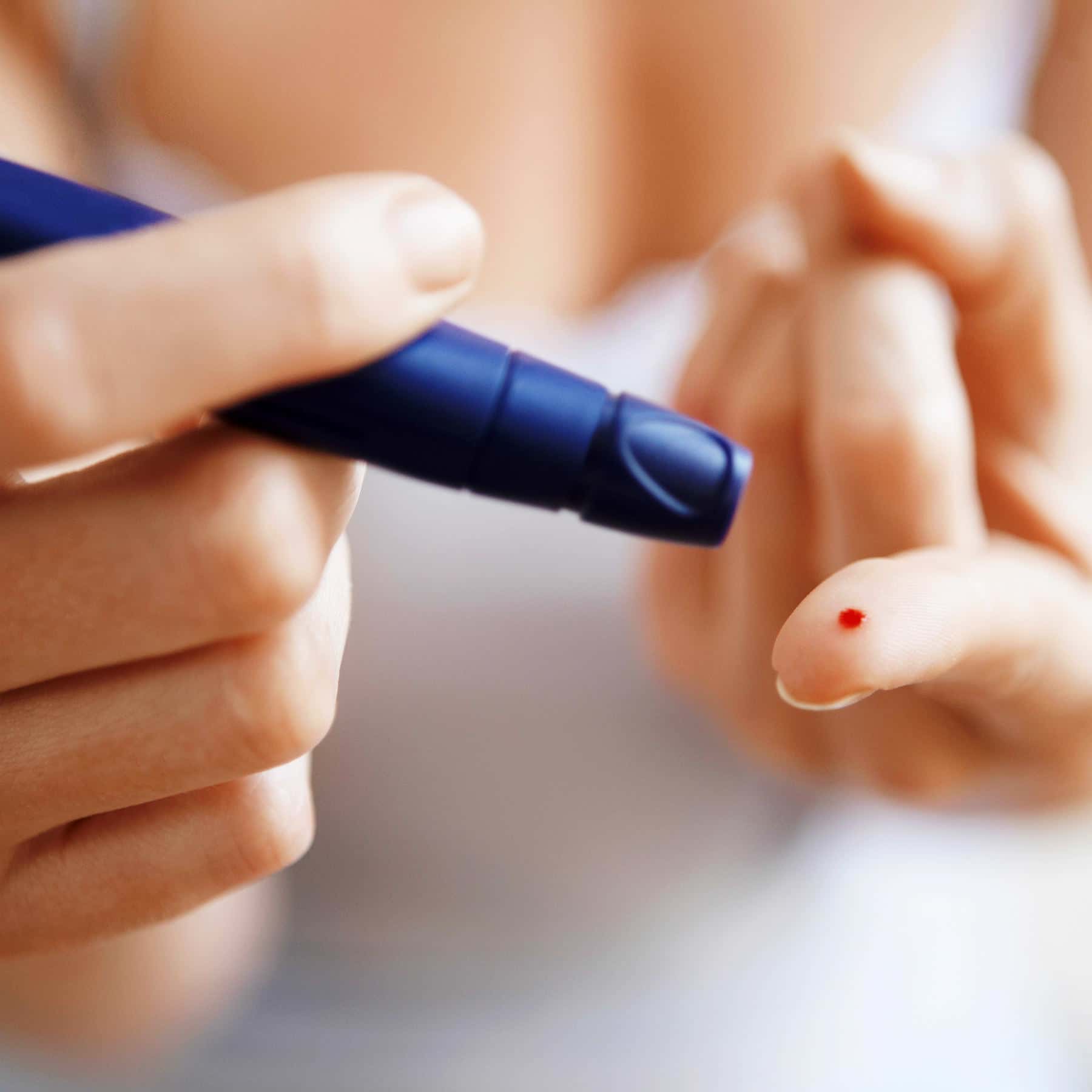
Most people have tried to put COVID in the rear view mirror. Sadly, though, COVID is still with us. We keep hearing about a surprising number of people who have caught COVID-19 for the first, second or third time. Put aside for a moment the risk of long COVID. Another complication has surfaced: COVID and Diabetes. One reader points out a potential link between COVID and insulin resistance.
Could COVID Increase Insulin Resistance?
Q. You have written about some post-COVID problems, but you have not mentioned COVID-induced insulin resistance. After having the virus twice, mild cases both times, my doctor noticed my fasting blood glucose is now in the pre-diabetes range.
I avoid sugar and maintain a low carb diet, yet my glucose is higher than normal. Online research shows that this is a real phenomenon, and my doctor doesn’t disagree.
Luckily, I have found that taking a combination of magnesium and berberine at bedtime seems to get it down in a normal range most mornings. Are there other natural approaches I could use to control my blood glucose and prevent full-blown diabetes?
A. There is strong evidence to support the link between previous COVID infections and the risk for prediabetes and diabetes (BMC Public Health, Sept. 12, 2024; Journal of Clinical Endocrinology and Metabolism, Oct. 18, 2023).
Both magnesium and berberine should help moderate blood glucose (Nutrients, Nov. 15, 2021; Integrative Medicine, Nov. 2023). Our eGuide to Preventing & Treating Diabetes offers many other nondrug approaches to blood sugar control.
The Connection Between COVID and Diabetes:
Catching COVID appears to increase the risk of developing type 2 diabetes. That’s a finding published in JAMA Network Open, Feb. 14, 2023. The authors of this research letter point out that early in the pandemic there were signals suggesting that the infection could produce long-lasting negative consequences.
They wanted to know if that is still the case:
“In the current pandemic phase, which is dominated by less virulent Omicron variants, it remains unclear whether risks of cardiometabolic disease after COVID-19 infection persist or have become attenuated and whether vaccination status is associated with these risks.”
The investigators reviewed the medical records of 23,709 patients who were diagnosed with COVID-19 at the Cedars-Sinai Health System in LA. The likelihood of developing type 2 diabetes increased by 58%.
The authors conclude:
“Our results suggest that this risk persisted as the Omicron variant became predominant, and the association remained even after accounting for temporal confounders. Diabetes risk after COVID-19 infection was higher in unvaccinated than vaccinated patients, suggesting a benefit of vaccination. Mechanisms contributing to postinfection diabetes risk remain unclear, although persistent inflammation contributing to insulin resistance is a proposed pathway.”
Other Research Linking COVID and Diabetes:
The latest research result is consistent with a large systematic review and metanalysis of 9 studies with nearly 40 million participants. The relative risk of developing type 2 diabetes after COVID infection was 62%. That’s within spitting distance of the 58% increased risk seen in this recent study.
The authors of this meta-analysis conclude:
“After COVID-19, patients of all ages and genders had an elevated incidence and relative risk for a new diagnosis of diabetes. Particular attention should be paid during the first 3 months of follow-up after COVID-19 for new-onset diabetes.”
COVID and Diabetes: Something to Watch Out For!
Anyone who catches COVID, even if it’s a mild case, should pay close attention to blood sugar levels during the first three months after a COVID-19 infection.
Symptoms of type 2 diabetes include feeling thirstier than usual and making more frequent trips to the bathroom to pee. Some people develop a bigger appetite, but don’t always gain weight and may actually lose pounds.
Other indicators of loss of blood glucose control include fatigue and/or exhaustion. Visual changes, slow healing of cuts and numbness or tingling in hands and/or feet would also be tips offs to blood sugar problems.
A blood glucose test would be called for if any of those symptoms arise. In fact, we would probably recommend such a test three or four months after catching COVID, just to be on the safe side.
Final Words:
We fully understand that you want to forget about COVID-19. But symptoms of long COVID may last for months or years. To learn more about this challenging condition, here is a link to our most recent syndicated public radio show/podcast:
Show 1327: What Have We Learned About Long COVID?
You will also want to listen to our interview with Mitchell Lazar, MD, PhD. He is the Willard and Rhoda Ware Professor in Diabetes and Metabolic Diseases, and the Director of the Institute for Diabetes, Obesity, and Metabolism at the University of Pennsylvania. It was titled:
The Vicious Cycle of COVID and Diabetes
Research now reveals a link between COVID and Diabetes. Millions of people could now be at risk for type 2 diabetes because of long COVID.
Please share your own experience and/or thoughts in the comment section below.
Citations
- Stephen RI et al, "Elevated risk of pre-diabetes and diabetes in people with past history of COVID-19 in northeastern Nigeria." BMC Public Health, Sept. 12, 2024. DOI: 10.1186/s12889-024-19854-3
- Kim SH et al, "New-onset diabetes after COVID-19." Journal of Clinical Endocrinology and Metabolism, Oct. 18, 2023. DOI: 10.1210/clinem/dgad284
- Veronese N et al, "Oral magnesium supplementation for treating glucose metabolism parameters in people with or at risk of diabetes: A systematic review and meta-analysis of double-blind randomized controlled trials." Nutrients, Nov. 15, 2021. DOI: 10.3390/nu13114074
- Pizzorno J, "Thinking about berberine." Integrative Medicine, Nov. 2023.
- Kwan, A.C., et al, "Association of COVID-19 Vaccination With Risk for Incident Diabetes After COVID-19 Infection," JAMA Network Open, Feb. 14, 2023, doi:10.1001/jamanetworkopen.2022.55965
- Zhang, R., et al, "Risk for newly diagnosed diabetes after COVID-19: a systematic review and meta-analysis," BMC Medicine, Nov. 15, 2022, https://doi.org/10.1186/s12916-022-02656-y

